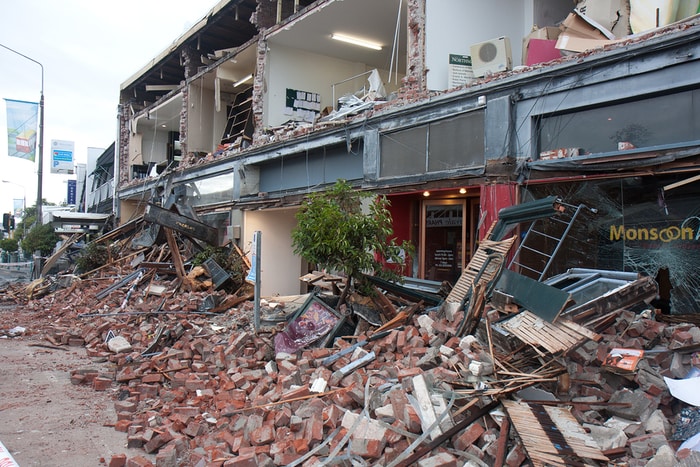Is your small business prepared to deal with a natural disaster? Here are four things you need to do today to keep your company safe.
Natural disasters aren’t the first danger that comes to mind when you think of running a small business. However, studies show that they can cause businesses millions of dollars in property damage and other losses. Alarmingly, natural disasters are steadily increasing across the United States and the world as a whole. Even if your business isn’t typically impacted by natural disasters, there’s a chance that it will be in the near future. No matter who you are or what business you run, you need to be aware of the dangers facing you at all times.
It’s impossible to truly safeguard a small business from natural disasters. If a massive hurricane hits, you can only do so much. However, there are certain steps you can and should take in order to mitigate the risk as part of your natural disaster recovery plan.
Chuck Lobert, an IT consulting specialist in Detroit offers four things you should do to protect your business as best as you can:
1. Do Your Homework
The first step to take is fully understanding the area your business is located in. What types of natural disasters are likely to hit? Are you in a potential flood area? The types of disasters you are facing will drive your strategy for protection.
2. Put Pen to Paper
Once you understand what you’re facing, you need to take the time to put a plan together. Determine at what point you’ll want to ensure all staff and any customers or clients are evacuated so that they may remain safe and sound. Have a clear exit path and evacuation route mapped out ahead of time. Ensure emergency contact information is easily accessible. If possible, put together a plan to allow employees to handle any responsibilities they can at home as a temporary solution while any damage is assessed and repaired.
3. Review Your Insurance
At least once every one or two years, you should review your business insurance to make sure your policy covers any natural disasters and related damage you might face. Continually document and place accurate values on all business equipment and inventory so that it’s fully covered and accounted for. Consider business interruption insurance as well if your business would be significantly harmed in the short-term (if your employees cannot continue to work efficiently from home).
4. Keep Your Data Safe
The loss of essential data can wipe a small business out in a single stroke. Identify which data is critical to your business and ensure that it’s backed up in real-time, or at the very worst, once per day. You cannot keep your data’s only backup locally, or anywhere in the nearby area. If you back up to another site a couple of towns over, for example, one single disaster could wipe everything out. Your best bet is to keep your data backed up on cloud servers so that it’s accessible no matter what happens to the nearby area.
Forces of nature such as tornadoes, earthquakes, and hurricanes are unstoppable. No matter what you do, you cannot totally protect your business from the devastation these natural disasters can cause with even the very best natural disaster recovery plan. By carefully taking the steps above, however, you will mitigate your risk and ensure that your business is ready to bounce back from even the worst-case scenario.


